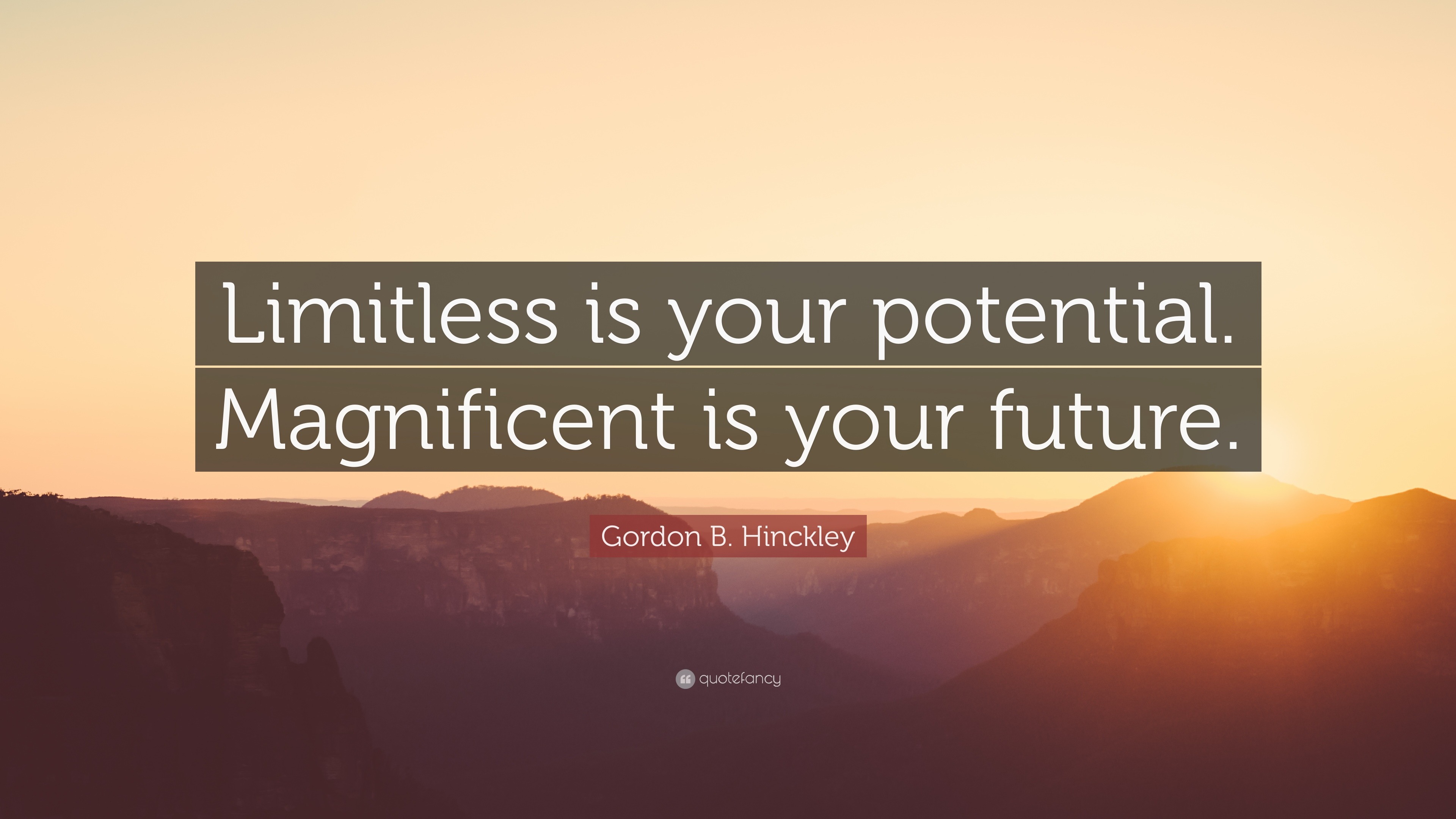I have always felt torn between the value of being “connected” and the value of being “disconnected”. For the most part, I’ve been unsettled by the sometimes negative lens that the use of technology is viewed through, or that being “plugged in” is something “bad”.
The readings from this week helped me better sort out where I stand on the debate. My main takeaway as I was reading always came back to the idea of “potential”.
In watching Visitors and Residents, I connected (haha..) to the idea that being a digital resident means you are a know-er of a specific language. If we think about our own experiences in attempting a new language then we can become a little bit more empathetic towards those who may not be as proficient, those who are in the beginning stages of understanding technology, and those who need to reevaluate how they are using technology.
Secondly, Visitors and Residents, makes an interesting argument that leads me to believe there is little separation between being a “resident” or a “visitor” when it comes to digital competencies. I believe that most people are a combination of both categories. According to White, Visitors usually are not in it to have a social trace whereas Residents are making a choice to be present and live a portion of their lives online.
I appreciate the separation that the author makes between these two supposed categories, however I think it’s important to note the ways in which we engage online, whether socially or more professionally, formally or informally, may not be compatible with each other however they all connect through a developing digital identity. I liked how David White was able to illustrate this concept so well in his video.
The reading I most enjoyed this week was The IRL Fetish by Nathan Jurgenson. This essay discussed the concept of a “real connection” vs a “virtual connection”. I struggled to formulate an idea of what a connection could really be defined as then, or if one concept of connection is superior to another. It seems to be highly debated that being offline, or having the willpower to “not be on your phone” offers a source of pride.. but this article reevaluates that idea. And it’s refreshing. It has made me consider if I have ever been offline, unplugged, or gone a few minutes without wondering what is happening online while I’m not. Is this a bad thing? Or is this just a part of world that I have been exposed to nearly all of my life? Is it okay that my version of normal is different from someone who hasn’t been exposed to medias in this sense?
Therein lies the potential that I wrote about at the beginning of this post. There is a potential to be exposed to new ways of experiencing and sharing our lives – whether that be delving into more media-friendly ways, or finding possibilities that don’t require you to be plugged in.
I think the big take away from The IRL Fetish article is that there needs to be a balance.


I think you are absolutely right, Jessica. Balance, like in everything, is key. I think that we have the ability as adults to appreciate the need for balance as we have experienced life without the use of technology for everything we do. For our students, it may not be as easy to identify the importance and value associated with a sense of harmony in plugging in and unplugging. I can’t help but wonder if we will begin to see more young people realizing and advocating for a sense of balance in the future, or if those of us who haven’t always relied on technology will always be the ones voicing concern.
LikeLike
I know what you mean about having the life experience to seeing the benefits of balance – it truly does add a certain level of understanding to its necessity. I agree that this is a concept that may be difficult for students to fully appreciate – my only hope is that by increasing digital competencies and working through what it means to be a digital citizen that they are able to come away with a more developed understanding of why and when they are connecting and disconnecting.
LikeLike
Jessica I think you are on point with your thinking around it being a balance. I always find that the biggest struggle for me is leaving work at work. As teachers this can be very challenging to begin with but with the ease of being connected I sometimes find this nearly impossible. I also wonder about linking the idea of mindfullness with being connected or disconnected – whatever you are doing be in the moment… Great post.
LikeLike
Thanks Megan! I completely agree with the struggle of leaving work at work – I’m connected to notifications from Google Classroom, etc and it does add a challenge of distancing myself. Can I turn them off? Yes, but it’s also such a helpful tool that adds to my organization and awareness.
I’m really intrigued by your comment of linking mindfulness to being connected or disconnected and this is something that I am going to look into more – thanks for sharing that piece!
LikeLike
[…] is clear that like Jessica C, I am torn on the value of always being connected. This past week I have spent some time reflecting […]
LikeLike
If you liked the IRL article, then I’d also strongly recommend this other one from Jurgenson – https://thenewinquiry.com/the-disconnectionists/
Great post!
LikeLike